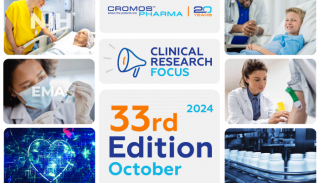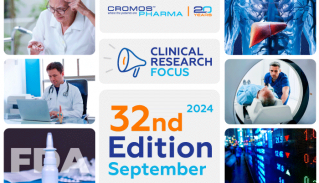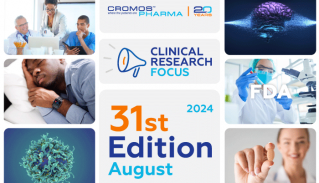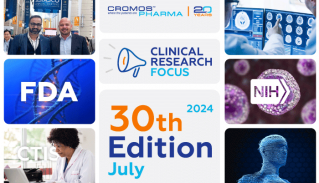
The Pros and Cons of the FDA’s Real-Time Oncology Review Program
The FDA’s Real-Time Oncology Review (RTOR) is a novel program designed to expedite the review of new cancer therapies. Since its inception the program has gained considerable attention among biotech professionals, especially those working in the field of oncology.
Under the RTOR program, the FDA accepts data from clinical trials in real-time and reviews them as they become available. The program aims to accelerate the review process for new cancer therapies by allowing the FDA to review data more quickly and provide feedback to drug developers during the clinical trial process. This approach has the potential to reduce the time and cost of drug development, while also increasing the speed of patient access to new treatments.
However, like any new program, the RTOR has its share of advantages and disadvantages. In this article, we will explore the key pros and cons of the RTOR program.
Pros of the RTOR Program
- Faster Review Process: The RTOR program allows for a faster review process for new cancer therapies, which can ultimately lead to faster patient access to new treatments. By reviewing data in real-time, the FDA can identify potential issues early on in the process, which can help drug developers address those issues more quickly.
- Increased Collaboration: The RTOR program fosters increased collaboration between drug developers and the FDA. By providing feedback to drug developers during the clinical trial process, the FDA can help ensure that trials are designed with the necessary endpoints to support regulatory approval.
- Improved Trial Designs: The RTOR program can help improve trial designs by providing feedback on trial endpoints and other critical factors during the clinical trial process. This can ultimately lead to more successful trials and a higher likelihood of regulatory approval.
- Reduced Costs: The RTOR program can reduce the overall cost of drug development by identifying potential issues earlier in the process. By addressing these issues earlier, drug developers can avoid costly delays and potential failures.
- Increased use of real-world data: The RTOR program emphasizes the use of real-world data, which includes information from electronic health records, medical claims databases, and patient registries. Real-world data can provide valuable insights into a drug’s effectiveness and safety in real-world settings, complementing the traditional clinical trial data. This broader dataset can contribute to more comprehensive evaluations of a drug’s benefits and risks.
Cons of the RTOR Program
- Increased Workload: The RTOR program can increase the workload for drug developers, who will need to provide data in real-time and respond to FDA feedback more quickly. This could be challenging for smaller drug developers with limited resources.
- Limited Access: The RTOR program is currently limited to certain cancer therapies and certain types of data. This could limit its usefulness for drug developers working on other types of therapies.
- Potential for Misinterpretation: There is a risk that real-time data could be misinterpreted, leading to incorrect conclusions about the efficacy or safety of a new therapy. This could ultimately lead to delays or regulatory rejection of the therapy.
- Lack of Predictability: The RTOR program is still relatively new, and its effectiveness is not yet fully understood. This lack of predictability could make it challenging for drug developers to plan their clinical trials and drug development timelines.
Conclusion
Overall, the RTOR program has the potential to accelerate the drug development process, increase collaboration, and reduce costs. However, it also has some potential drawbacks, such as increased workload, limited access, potential misinterpretation of data, and lack of predictability. As the program continues to evolve, it will be important for drug developers to carefully weigh the pros and cons of using the RTOR program for their specific drug development programs.
Cromos Pharma has nearly two decades of experience managing all aspects of cancer clinical trials in all phases, including rescue, post-marketing and observational studies. Oncology trials represent a substantial part of the company’s research portfolio.
With operations in the US, Central and Eastern Europe, Central Asia and Turkiye, we combine our global expertise with in-depth local knowledge to deliver end-to-end solutions for our pharma and biotech clients. Our regulatory team and medical experts have in-depth knowledge of the FDA submission and approval process.
Contact us to discuss FDA’s The Real-Time Oncology Review specifics for your oncology clinical programs.






























